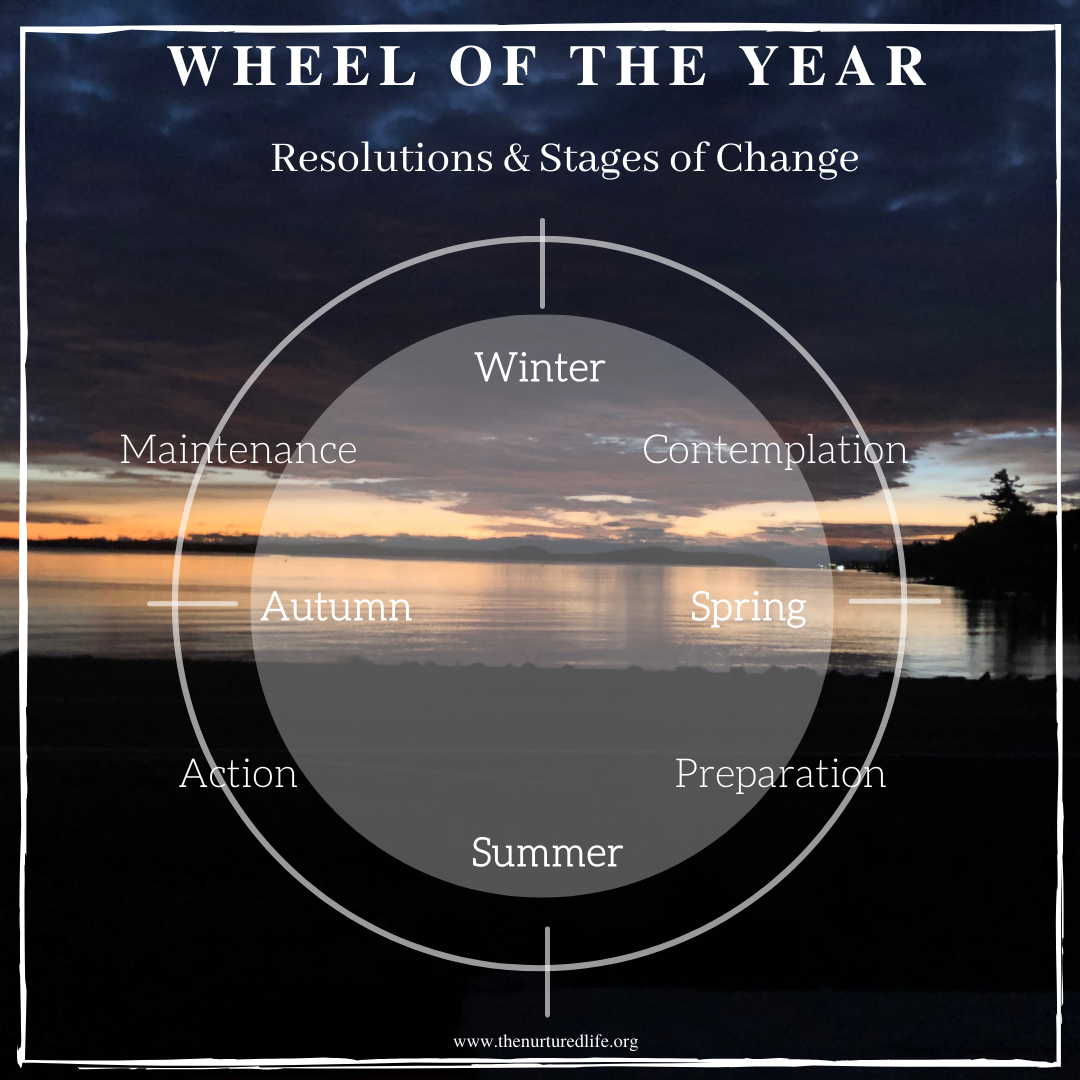When we talk about somatic and sensory experiences we tend to focus on emotions. Emotions are valuable and need our attention. Yet, emotions are the result of deeper somatic and sensory experiences we are dismissing ( or just missing) because of how disengaged (severed) our consciousness has become from our bodies. It is this attention, articulation, awareness system where the severance is occurring. Your body is in constant connection with your inner and outer worlds. It is processing data/phenomenon constantly. Your body is processing in RESPONSE to stimuli inside and outside your body. The light. The wind, the smell of a baby, the taste of a strawberry, the texture of your clothes. Food ingested. The nervous systems of other people.
When we give attention to this response our mind begins to articulate (clarify) the sensory information. Usually, its not a formal statement, but a feeling. If we are curious or the experience is novel, or we are on a healing journey, we might formally articulate with language the experience our bodies are having. And, we don’t always need this formal articulation ( it takes too long to be functional for everyday life). However, we cannot have the full everyday articulation experience without the full sensory experience. If we are lacking attention/ability to feel phenomena with our bodies, we are lacking information and we cannot articulate that experience fully with our minds. This is dangerous. We won’t recognize fundamental differences in experiences or which stimuli requires action, we may misinterpret ourselves, others, and our environment. We will be unable to develop full awareness. With hampered sensory awareness we won’t be able to articulate ( clarify/feel) feelings; empathy and resulting compassion are less accessible. For ourselves, and therefore for others.
Awareness happens when stimuli is given attention and is articulated ( clarified) by the mind so that an understanding is reached within the spirit. Attention is given to the texture, smell, appearance of stimuli, the mind recognizes the phenomena and clarifies points about the data; awareness is developed: “This is a ripe strawberry”. When this happens, the chain links CONNECT. This gives our body another sensation, the sensation of knowing. The sensation of Truth. Our bodies gave us sensations from stimuli, and we processed it through the chain of articulation and awareness. In response to those connections our body experiences a sense of calm, contentment. “oh, good, they are aware it is a ripe strawberry”. ( singular presence)
When we do not live life with this attentive devotion to our sensory experience, our bodies act pretty concerned. They are processing stimuli and “no one” is articulating it into awareness. The chain remains open, the body remains seeking. Sometimes the body de-sensitizes to the stimuli. The senses become less attuned, unable to gather as much data from the environment inside or outside of ourselves.
When we do live life with attentive devotion, little links are made each and every moment connecting our sensory experience to awareness. Each little closed link-system connects with others to inform us. Our bodies are relaxed even in the face of tragedy because “they” know “we” are aware, we understand. (Collective presence) All of these connected links and our relaxed mind/body/spirit state allow us to engage the world with trust and confidence.
I have been observing this system for decades. I witness clients mending this system within themselves.
As we start to recognize the severance we have within ourselves, with each other, Nature, and the divine- it is important to clarify your body isn’t telling you how you feel, your body is feeling. Your mind is telling you how you feel, when mind and body make the connections that match, awareness is developed. The body, mind, and spirit are at ease even in the face of challenges. When we feel dis-ease, that is the body asking we give our attention to stimuli.
What sensory data is my body experiencing, what needs clarification/articulation?
This is all enlightenment is, an experience when all the little links are connected for a brief moment. This is psychic ability, or intuition. Anyone can give more attention to the stimuli and have greater awareness- greater wisdom. We just need to re-tune our sensors and let them feel fully again. It will take practice, but we can mend. The more attention you give your sensory experience, the more sensitive you become to sensory experiences. The more sensitive you become to your bodies response to stimuli, the more information your mind has to clarify each experience, the greater your opportunity for awareness. If we opened ourselves up to our full capacity to sense and respond, our world would look and be very different.
Mending this attentive devotion system is fundamental to healing Earth or systems of oppression- because it is the disengagement of our attentive devotion which has allowed us to harm Earth and each other.






